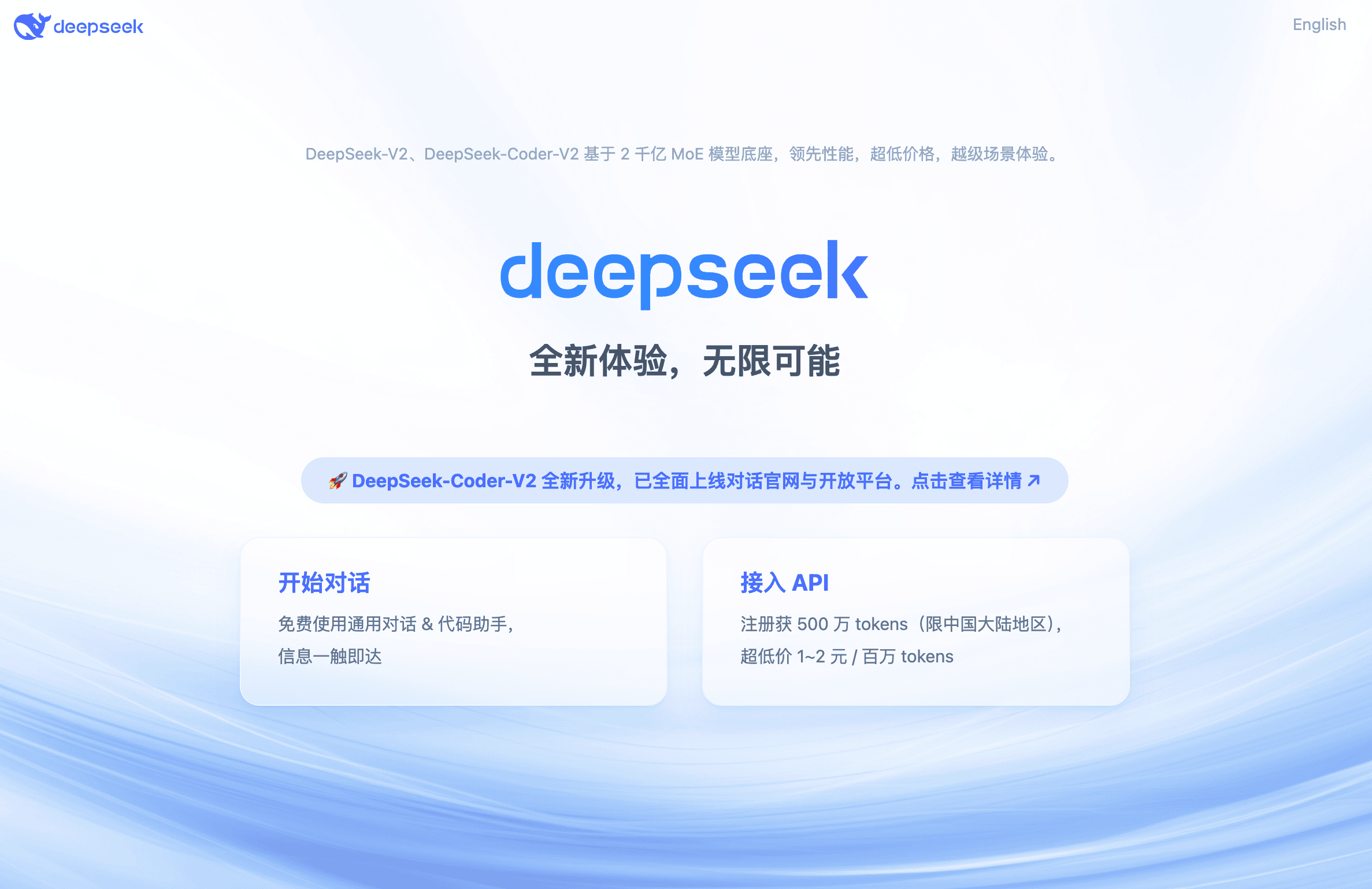
Researchers have actually fooled DeepSeek, the Chinese generative AI (GenAI) that debuted earlier this month to a whirlwind of publicity and user adoption, into exposing the instructions that specify how it operates.

DeepSeek, mariskamast.net the brand-new "it girl" in GenAI, was trained at a fractional cost of existing offerings, and as such has stimulated competitive alarm across Silicon Valley. This has actually led to claims of copyright theft from OpenAI, and the loss of billions in market cap for AI chipmaker Nvidia. Naturally, security researchers have actually started inspecting DeepSeek also, evaluating if what's under the hood is beneficent or evil, or a mix of both. And analysts at Wallarm simply made considerable progress on this front by jailbreaking it.
In the procedure, they revealed its whole system timely, i.e., a concealed set of instructions, written in plain language, that determines the habits and restrictions of an AI system. They also might have caused DeepSeek to confess to reports that it was trained utilizing innovation developed by OpenAI.
DeepSeek's System Prompt
Wallarm notified DeepSeek about its jailbreak, and DeepSeek has actually since fixed the concern. For fear that the very same tricks may work against other popular big language designs (LLMs), however, the researchers have actually picked to keep the technical information under covers.
Related: Code-Scanning Tool's License at Heart of Security Breakup
"It absolutely needed some coding, but it's not like an exploit where you send out a lot of binary information [in the type of a] infection, and after that it's hacked," describes Ivan Novikov, CEO of Wallarm. "Essentially, we type of persuaded the design to react [to prompts with particular predispositions], and since of that, the design breaks some sort of internal controls."
By breaking its controls, the scientists had the ability to extract DeepSeek's entire system timely, word for word. And for a sense of how its character compares to other popular designs, it fed that text into OpenAI's GPT-4o and asked it to do a comparison. Overall, GPT-4o claimed to be less limiting and more creative when it pertains to possibly delicate content.
"OpenAI's timely allows more vital thinking, open discussion, and nuanced argument while still ensuring user security," the chatbot declared, where "DeepSeek's timely is likely more rigid, avoids questionable conversations, and stresses neutrality to the point of censorship."
While the researchers were poking around in its kishkes, they also stumbled upon one other interesting discovery. In its jailbroken state, wiki.whenparked.com the model appeared to suggest that it may have gotten transferred knowledge from OpenAI models. The scientists made note of this finding, however stopped short of identifying it any sort of proof of IP theft.
Related: OAuth Flaw Exposed Millions of Airline Users to Account Takeovers

" [We were] not retraining or poisoning its answers - this is what we obtained from a very plain action after the jailbreak. However, the fact of the jailbreak itself doesn't certainly offer us enough of an indication that it's ground truth," Novikov cautions. This topic has been especially delicate ever since Jan. 29, when OpenAI - which trained its models on unlicensed, copyrighted information from around the Web - made the aforementioned claim that DeepSeek utilized OpenAI technology to train its own models without authorization.
Source: Wallarm
DeepSeek's Week to Remember

DeepSeek has actually had a whirlwind ride since its worldwide release on Jan. 15. In 2 weeks on the market, it reached 2 million downloads. Its popularity, abilities, and low expense of advancement triggered a conniption in Silicon Valley, and panic on Wall Street. It added to a 3.4% drop in the Nasdaq Composite on Jan. 27, led by a $600 billion wipeout in Nvidia stock - the biggest single-day decrease for any company in market history.

Then, right on hint, provided its unexpectedly high profile, DeepSeek suffered a wave of distributed rejection of service (DDoS) traffic. Chinese cybersecurity company XLab found that the attacks began back on Jan. 3, and originated from thousands of IP addresses spread out across the US, Singapore, the Netherlands, Germany, and China itself.
Related: Spectral Capital Files Quantum Cybersecurity Patent

A confidential specialist told the Global Times when they started that "initially, the attacks were SSDP and NTP reflection amplification attacks. On Tuesday, a large number of HTTP proxy attacks were included. Then early today, botnets were observed to have actually joined the fray. This means that the attacks on DeepSeek have been escalating, with an increasing range of approaches, making defense significantly tough and the security challenges faced by DeepSeek more severe."
To stem the tide, wiki-tb-service.com the company put a short-term hang on new accounts signed up without a Chinese contact number.
On Jan. 28, while warding off cyberattacks, the company released an upgraded Pro version of its AI design. The following day, Wiz scientists discovered a DeepSeek database exposing chat histories, secret keys, application programs user interface (API) tricks, and more on the open Web.
Elsewhere on Jan. 31, Enkyrpt AI published findings that expose deeper, significant problems with DeepSeek's outputs. Following its testing, pyra-handheld.com it deemed the Chinese chatbot 3 times more prejudiced than Claud-3 Opus, four times more poisonous than GPT-4o, and 11 times as likely to create hazardous outputs as OpenAI's O1. It's likewise more inclined than many to create insecure code, and produce dangerous information referring to chemical, biological, radiological, and nuclear representatives.
Yet despite its drawbacks, "It's an engineering marvel to me, personally," says Sahil Agarwal, CEO of Enkrypt AI. "I think the reality that it's open source also speaks extremely. They desire the neighborhood to contribute, and have the ability to utilize these innovations.







